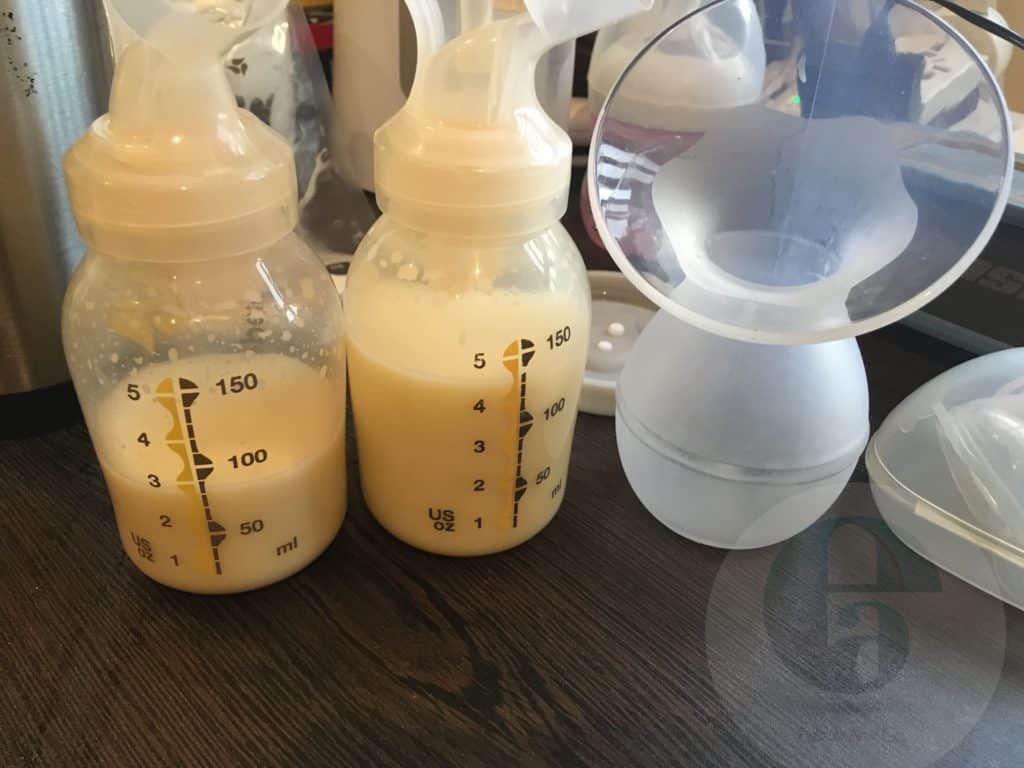
Since you do not understand baby language (yet), your baby’s smiles, cues and other milestones serve as reassurance that your baby is happy and healthy. Constantly looking for the best remedies for anything unusual, another thing that new parents fuss about for is their baby’s poo. Read up also on toddler’s diarrhea.
Although it’s not so pleasant to clean up, regular poop is taken sign that your baby is eating well and healthy. Therefore, when this poop is not forthcoming, it is only expected for parents to be worried.

What Is Constipation?
Constipation is when your baby finds it difficult to poop because the poop is too hard to push out. It could go on for days. Sometimes you can feel the stool as baby tries to push.
It’s usually caused by either reduced fluid or fibre intake in your baby’s diet or over zealous introduction of solids during weaning or transitioning to solids food at 6months. In the later case, your baby’s digestive system may be struggling to get used to the foods being introduced.
It’s important to note that your baby not pooing for days does not mean they are constipated. When a baby hasn’t pooped we need to consider the baby’s feeding and age first. If a baby is not getting enough food the frequency of poos reduce. On the other hand at certain periods in a breastfed infant’s life (eg. at 3 months) they may go up to 3 days without pooping only to have a blow out of completely soft poop on the 3rd or 4th fouth day.
It’s important to note that your baby not pooing for days does not mean they are constipated. When a baby hasn’t pooped we need to consider the baby’s feeding and age first.
Midwife Marley Hall. “Baby’s skin health and the role of nappies”. Presentation Given At The Baby Show Live , October 30th 2020
Also note that , squirming or funny facial expressions while pooping doesn’t always mean your baby is constipated. Sometimes their are still trying to figure out the process of coordinating their muscles to poo.
What are the signs your baby is constipated? How can you deal with it?
Read on to find out!
Signs to Watch Out For
Some signs that your baby could be constipated are:
Note , squirming or funny facial expressions while pooping doesn’t always mean your baby is constipated. Sometimes their are still trying to figure out the process of coordinating their muscles to poo.
- Infrequent or less frequent stools that are hard to pass
- Stool that has a clay-like consistency
- Bloody stool
- Loss of appetite
- Stool that is wide and large or in small, hard pebbles like pellets
- Long periods of straining or crying while trying to poo
- Bloated abdomen (belly) that feels hard
Passing out hard poo can cause some redness and/ or bruising around your baby’s anus. Please aim to resolve your baby’s constipation ASAP.
Home Remedies For Treating Your Baby’s Constipation
Some home remedies you could try to relieve your baby’s constipation include:
1. Exercise/ Movement
Exercise is a good way to get your baby bowels moving and relieve constipation. However, since your baby many not be crawling or walking yet, you may have to step in to help.

lower limbs gently in a cycling motion to relieve constipation
You can try moving your baby’s legs while they are lying on their backs as if they were riding a bicycle. After a few cycles gently push their thighs towards their tummy while their knees are bent. This may help to stimulate bowel movement and relieve your baby’s constipation.
2. A Warm Bath
Warm baths have always been an age long remedy to relieve many symptoms; constipation being one of them. Giving your baby a warm bath will help their abdominal muscles to relax and reduce bowel strain. Follow this up with a gentle full body massage. This will help relieve the discomfort from constipation.
3. Dietary Changes
The diet of both mother and baby affects the bowel movement of the baby. Thus, a mother may have to make changes both to her diet and her baby’s diet if her baby is constipated.

Some of these changes include:
- You may try eliminating diary from your diet if you are breastfeeding. It may also prove helpful to include a lot of fruit and vegetables that contain fiber into your diet. This may help in relieving your baby’s constipation.
- Try changing your baby’s formula if your baby is formula-fed. You can switch to a gentler or diary-free formula. However, it is advised that you consult your doctor before making any formula change.
- If your baby has started eating solid foods, you can try introducing foods that are rich in fiber such as fruit and vegetables.
- Consider blending small amounts ( a teaspoon) of healthy oils in meals such as rice or porridge . These include coconut oil, palm oil, groundnut paste ( peanut butter), avocado. These add flavour and encourage bowel movement.
Some other food you can try include:
- skinless steamed apples
- broccoli
- whole grains, such as oatmeal or whole-grain bread
- carrots
- pears
- plums
- watered down pineapple purée
- prune juice
4. Fluid Intake
Babies before the age of 6 months usually do not require extra liquids apart from their breast milk it is about 60-70% water. However, in the case of formula , if the instructions for preparation aren’t followed, the mix may be to thick. This leads to constipation. If your baby is constipated, supplementing formula with offering baby extra water may do some good. Please always follow the suggested proportions for mixing formula written on the packaging.
Adding some water or apple juice to your baby’s diet may help relieve constipation.
5. Massage
Gently massaging your baby’s tummy is also another great way to relieve constipation. Here are some ways you could do this:
- Use your finger tips to gently make circular motions on your baby’s belly.
- Use your fingers to walk on your baby’s tummy , especially around the naval region.
- Hold your baby’s legs and gently move the feet towards the belly back and forth.
- Use the edge of your fingers to stroke your baby’s belly from the rib cage down to the belly button.
Please expect a blow out of poop once the constipation is relieved. This is characterised by foul smelling mushy poop after the initial hard poop has been passed.
Can We Prevent Constipation?
Constipation can be prevented by alternating high fibre meals such as pureed fruit with your dense, lower fibre mashed tubers and grains. For example, pap or a mashed rice dish for breakfast then mashed bananas or puréed pineapple and pureed carrots and beans or ewedu soup for dinner). Also consider incorporating vegetables such as a little scent leaf , basil or ugwu into your mashed tubers during preparation. For formula fed babies, remember to follow the preparation instructions stated on the labels.
When To Call Your Doctor
Treatment of constipation can usually be managed with home remedies. However, sometimes, these home remedies may not work. You should call your doctor if;
- Your baby has not passed stool for more than two days
- Your baby seems irritable or appears to have abdominal pain
- You notice blood in your baby’s stool

In rare cases where home remedies do not work, your doctor may prescribe medications, such as:
- laxatives
- enemas
- suppositories
However, never give your baby any medication without your doctors prescription.
Final Notes

A constipated baby is most likely going to be fussy and unhappy baby. You can try the home remedies outlined here to help relieve the constipation.
If your baby does not get better, you should speak to your doctor immediately.
References
- Afzal, N. A., et al. (2011). Constipation in children.
https://www.ncbi.nlm.nih.gov/pmc/articles/PMC3143086/ - Constipation: Infant. (n.d.).
https://www.nationwidechildrens.org/conditions/constipation-infant - Infant and toddler health: Expert answers. (2017).
https://www.mayoclinic.org/healthy-lifestyle/infant-and-toddler-health/expert-answers/infant-constipation/faq-20058519 - Shutterstock

